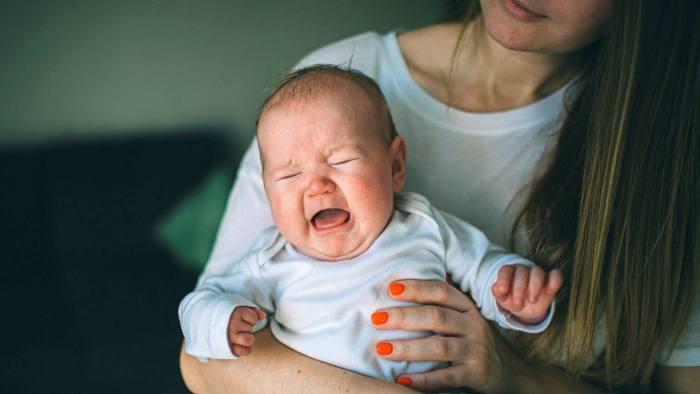Africa-Press – Mauritius. Half of women in England and Wales are childless by their 30th birthday, according to official data, as more delay having children because of greater labour market participation and rising levels of education.
About 50 per cent of women in 2020 had not given birth by the time they reached their thirties, marking a record high since data collection began in 1920, data from the Office for National Statistics showed on Thursday.
Amanda Sharfman, a statistician at the ONS, said she had seen “lower levels of fertility in those currently in their twenties”, which indicated the trend — of fewer women having kids in this age group rather than a reduction in biological fertility — was “likely to continue”.
The data showed that the most common age for women to give birth in England and Wales was 31, compared with 22 for their mothers’ generation. By contrast, in 1941 only 18 per cent of 30-year-olds were not mothers.
“Thirty is no longer old for parenthood, it is average,” said Bernice Kuang, a researcher at the University of Southampton, noting that women were delaying childbearing for a variety of reasons, including long-term trends such as increases in women’s education and labour market engagement.
Other drivers of declining fertility included a lack of stable work, appropriate housing and difficulties accessing affordable childcare services, she added. Kuang noted that many women still wanted a two-child family.
“So there is a gap between what people would like and what they are able to achieve, suggesting that there is a point at which there could be policy intervention.
” Shireen Kanji, professor of work and organisation at Brunel University, said the rising age of mothers could challenge parental reliance on grandparents for childcare. Currently, the role of grandparents was “very important” in maintaining mothers’ labour force participation, she added.
The trend is similar across most advanced economies, with the mean age of childbearing in Europe rising from 27.6 years in 2000 to 30 years in 2020 — the highest of any continent — according to data from the UN world population prospects.
However, women in the UK have children at a slightly older age than the European average. The ONS data also showed that the proportion of women who remained childless in 2020 had stayed fairly consistent since the late 1950s at about 18 per cent, suggesting that women are delaying childbearing rather than not having children.
Kuang said the fertility rate in the UK was falling and separate ONS data showed that it reached a record low in 2020, mainly as a result of people having smaller families. Earlier in January, the ONS forecast that the natural population in the UK would begin to decline by the middle of the decade.
It estimated that by 2045 the number of people aged 85 and over would nearly double to 3.1m — 4.3 per cent of the population — while the number of people of pensionable age would reach more than 15m.
For More News And Analysis About Mauritius Follow Africa-Press







